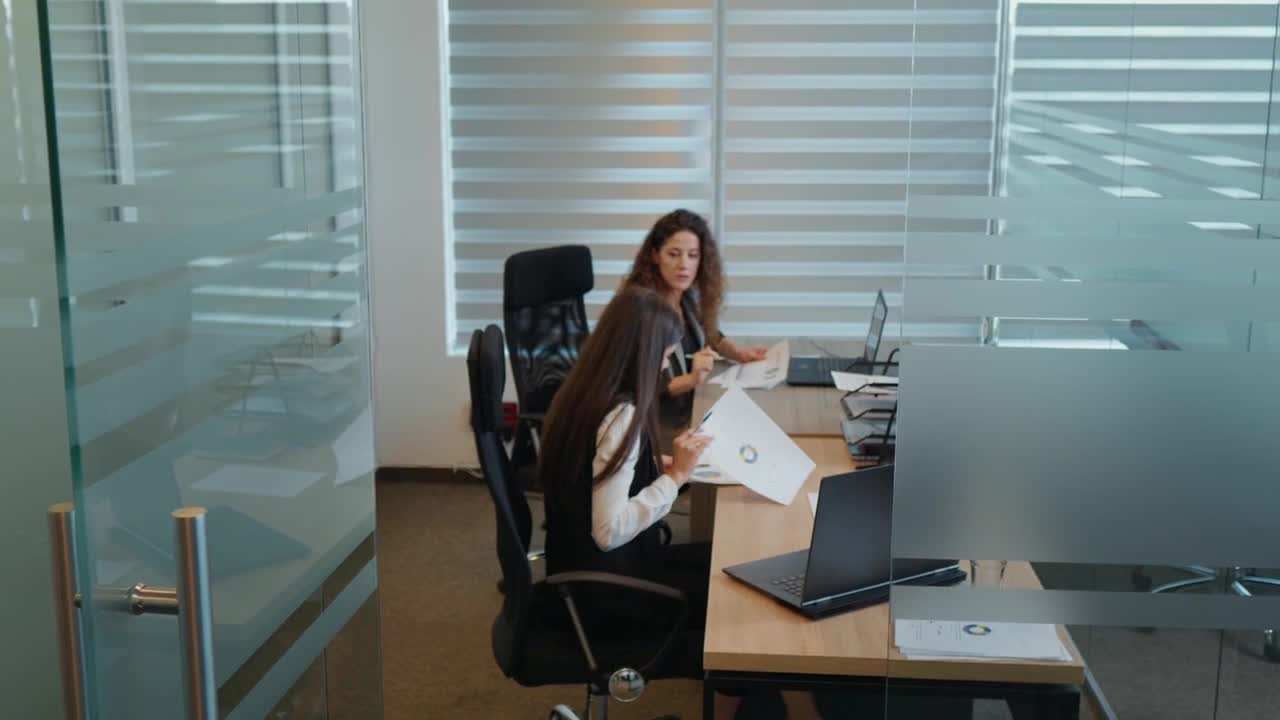SALT LAKE CITY — Women in Utah working full-time, year-round, still earn significantly less than men — about 73 cents for every dollar earned. Nationally, that number is closer to 83 cents, but here the gap is even wider, according to a report by Utah State University's Women & Leadership Project.
For BriAnn Rachele, a director at a business consulting firm in Salt Lake City, the reality of that gap didn't hit until years into her career. "It's really frustrating," Rachele told FOX 13 News.
She only started to recognize the inequities after comparing her pay to male colleagues — some with less experience than her, she said. "I have been in other positions at other companies where I have felt that I've been mistreated in that way," she said. " I didn't know that until after I had left."
Her experience reflects what a new report from Utah State University's Women & Leadership Project found statewide. Dr. Susan Madsen, who directs the project, says their team has collected years of data and stories from women across Utah.
"We've collected thousands of stories of women who say, 'I am in the work force in the same job, I have the same education, I have more years of experience, and my male counterpart is making more than me," Dr. Madsen said.
The updated report shows that in Utah, the lifetime pay gap adds up to $755,000. That means a woman would need to work an extra 15 years just to catch up to what a man earns.
Dr. Madsen says the disparity is driven by a combination of factors: women being steered into lower-paying jobs, fewer women represented in higher-paying roles, and cultural pressures. “When we say, ‘Oh, it’s a woman’s choice.’ Well, was it really a choice for a young woman to choose not to go into computer science when she’s been encouraged all of her life to do more feminine things?" she explained.
She adds that Utah's values and traditions play a role, too. "When you have more religious environments, you actually have less women in power, when you have less women in power, you tend to not be able to make sure things are equitable," Dr. Madsen said.
According to the report, women-owned businesses in Salt Lake City grew 26% from 2022 and 2023, compared to 17% nationally.
"We've improved in some areas, but it takes work," Dr. Madsen said. "If we're not willing as a society and as lawmakers to think about that, we're going to continue to be where we're at. That's not good for girls, women, or families."




